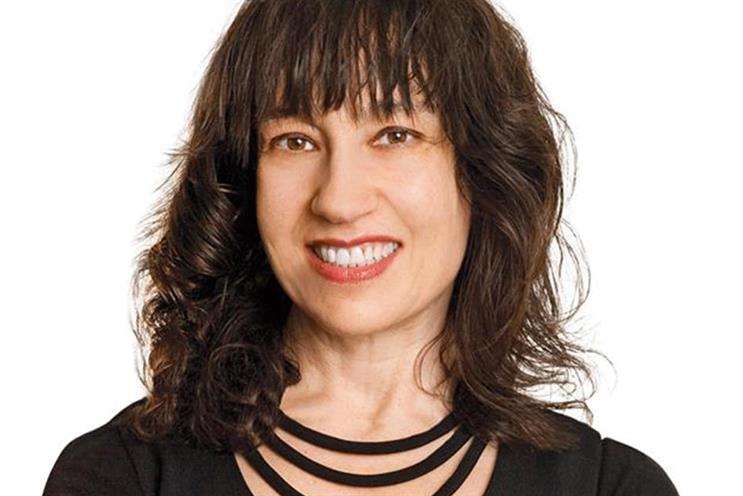The 2017 reveals the largest-ever drop in trust across the institutions of government, business, media and NGOs. Trust in media (43 percent) fell precipitously and is at all-time lows in 17 countries"
Fake news sells
It’s a cliché that most people don’t read past the headline of any story. One of the consequences of the current business model online where views drives income is that anything that grabs attention for a few seconds is going to make that publisher money.
So you get stories written, and headlines generated, to drive income. Of course you do. In many cases the drive for views is overriding the necessity for facts to be remotely involved in the story.
Recently they are taking measures to counter the spread of fake news. New whistle blowing features are being rolled out where you can flag a story you think might be false. They’ve also announced that they aren’t just leaving it up to readers or to the algorithm. They are going to work with independent fact checkers. This is a big change for an organisation that insists that it is a tech company not a media owner.
Fake news that was widely believed includes the story about the Pope endorsing Trump for president. Or the story about fraudulent ballots being found in a warehouse in Ohio intended to be counted along with real votes for Clinton.
As real life stories, particularly in the realm of politics, have become more bizarre, it has become harder to tell the fake ones apart.
I read recently that many fake news stories can be traced to a small town in Macedonia where teenagers are writing them to generate cash. Hard to fact check… easy, so easy to believe… impossible to disprove.
Does fake news matter?
Fact checking is a relatively recent thing. For most of the previous millennium news did not go through editorial independent checks, there was no New Yorker, Washington Post or BBC to check the facts and look for a second or third source and if you were unlucky enough to be the victim of fake news then it was down to the courts to intervene, and that often meant you didn’t get justice.
In his author and consultant Jonathan Salem Baskin predicted the current state of affairs and fake news. He pointed out that social media was nothing new. For most of history news was spread by word of mouth alone, and the truth was often just what was most believable. Many of his stories are grim.
Take the Salem witch rials in 17th century, when the accusations of two children were believed and led to the eventual execution of 20 people. Or the Blood Libel that contributed to widespread anti-Semitism and pogroms.
When any publisher allows a story to circulate because it drives views and shares and does not check the facts it takes us a step closer to those bad old days.
It is incumbent on all publishers, whether media owners or tech companies, to take responsibility for the spread of fake news.
Facebook is to be congratulated for its move towards editorial fact checking. Twitter Co founder Biz Stone is installing a Trust button on new start up Jelly. Those publishers that call themselves premium news sources must now prove that they too can sort the wheat from the chaff, the fake news from the facts, the truthiness from the truth to stop the history of social media becoming the future for us all.
Sue Unerman is the chief strategy officer at MediaCom.


